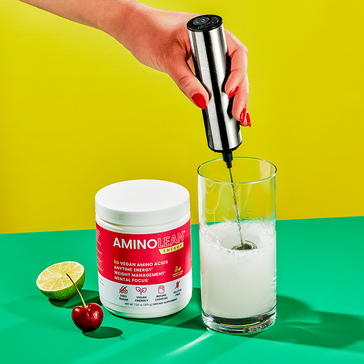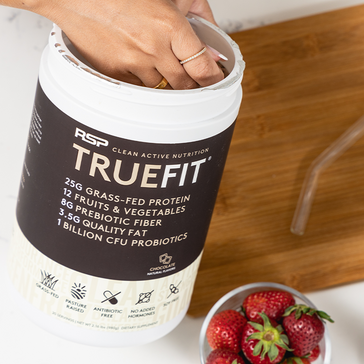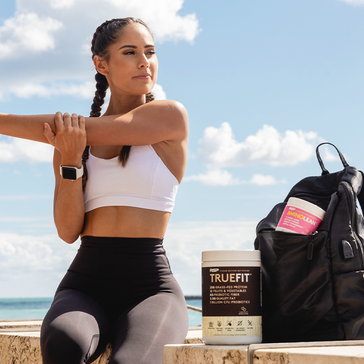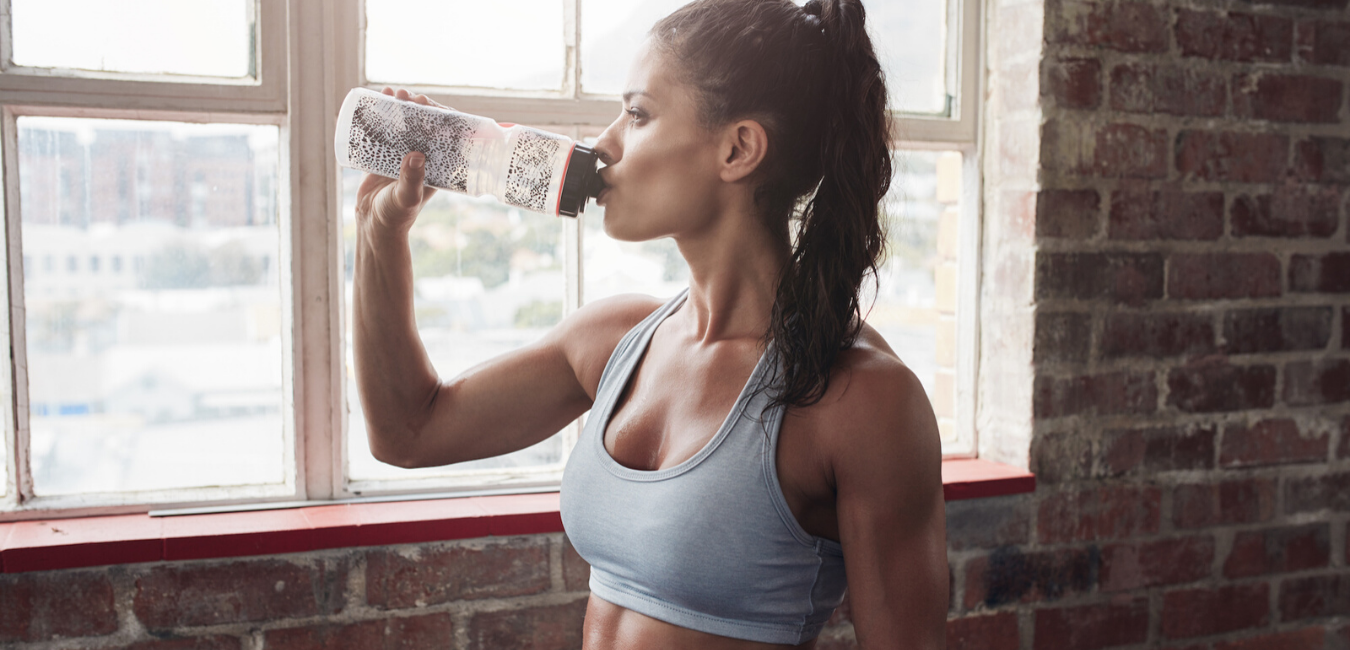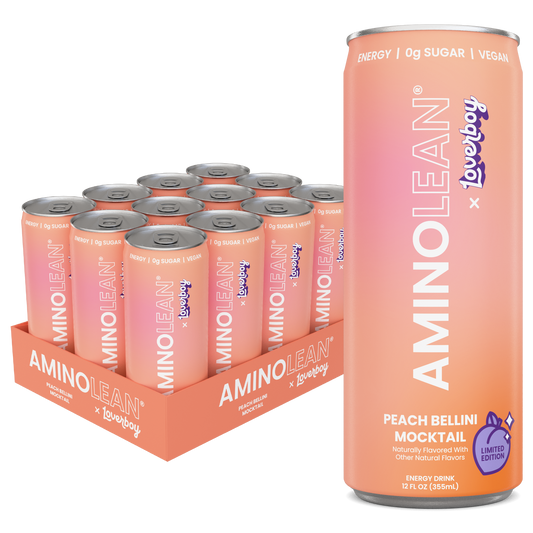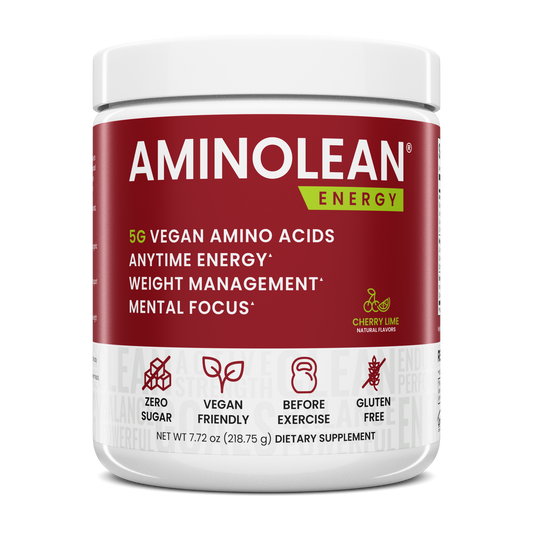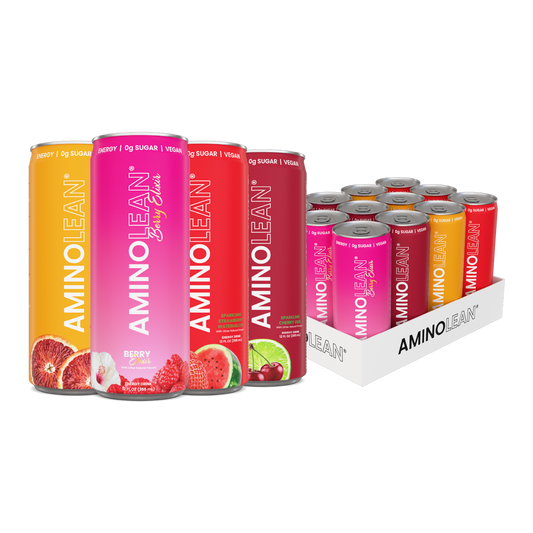Ever have a nagging headache all day and taking Ibuprofen didn’t help? Ever felt fatigued despite getting a good night’s sleep or having a filling meal? You were probably dehydrated.
Hydration is a low-hanging fruit that’s often overlooked by many people. As a dietitian, I love talking about hydration because it’s key to your health and performance. It’s typically one of the first things I start to work on with most of my clients. My motto is even #HydrateOrDiedrate.
Dehydration has been shown to decrease performance by 7-10%. Things like speed, concentration, and energy are compromised. Imagine going to work and giving 10% more to your job or finishing your run in less time because you’re fully hydrated.
In addition, dehydration increases fatigue. We’ve all been there; feeling tired slows us down, making it a lot more difficult to be productive. If you had that much more energy, you’d feel incredible.
Now that you know why hydration is so important, I’m going to dig further to help you meet your hydration needs so you can show up and be your best.
The rest of this article is going to cover:
- Signs and symptoms of dehydration
- How to monitor your hydration
- Recommendations for hydration
- Electrolytes
- Hydration for immunity
Common signs and symptoms of dehydration
Here are common signs and symptoms of dehydration to look for:
- Headache
- Dizziness
- Nausea
- Muscle cramping
- Thirst
- Heat stroke
3 ways to monitor your hydration
When it comes to monitoring your hydration, I teach my clients the WUT method. This stands for weight, urine, and thirst.
Weight
Weigh yourself as close to nude as possible before any physical activity. When you’re done, weigh yourself again. For every pound you lose, you need to drink 16-24oz to rehydrate.
When I was working with NFL prospects, some of them would lose 10lbs after doing two-a-days. That’s 160-240oz, which means they had to drink over a gallon of water just to rehydrate. And that’s if they weren’t already dehydrated before.
Urine
I teach my clients “light like lemonade.” You don’t want urine that’s dark like apple juice or a stout beer, but you also don’t want it to be clear like water. If it’s the color of apple juice, you probably need to drink water. If it looks more like a stout beer, you might need to go to the hospital.
I was at a competition once with an individual I’d been working with. We took a bathroom break and he noticed that his urine looked black. He thought it was funny, but I didn’t because I knew he was dehydrated.
We tried our best to fix the problem with water and electrolytes, but there was only an hour until the competition started. Unfortunately, this person was eliminated because they had a headache and felt nauseous.
Always pay attention to your hydration before it’s too late.
Now on the other hand, you don’t want clear urine because it means you’re not retaining water. A player I used to work with would get full-body cramps and I couldn’t figure out why. When I began monitoring their hydration, I discovered they weren’t getting enough electrolytes to retain any water that was going into their body; it was all being pushed out.
Thirst
Thirst is the first sign of dehydration, but it’s also the most unreliable.
Being thirsty means you’re already dehydrated by 2-3%. Your body is made of up to 60% water so that 2-3% puts you at a failing grade.
Thirst can also trick your brain into thinking you’re hungry, which could eventually lead to weight gain. Drinking water may prevent unnecessary snacking. Next time you think you’re hungry, take a few sips of water first to see if it helps.
How much water should you drink?
There are two things that are important to know if you want to hydrate properly: the amount of water you should be drinking and when you should be hydrating.
To determine how much water you should have, take half your body weight and convert that number into ounces.
For example, someone who weighs 200lbs needs 100oz of water daily. Say they lose 2lbs from exercising, bringing them down to 198lbs in weight. In addition to those 100oz, they’d also have to drink between 32-48oz to rehydrate from what they lost while working out. That’s a total of 132-148oz in a day.
As far as when you should be hydrating, it’s simple: all day. That means when you wake up, at meals, during physical activity, when you travel, and before bed. There’s never a wrong time to hydrate.
Our favorite water is Zen Water; like at RSP, Zen Water loves clean and natural products. So, they've developed a sophisticated system which uses Mother Nature's natural water filtration process to get you the cleanest, purest rehydration fuel. It's also an alkaline water, and because our diets nowadays are so acidic, it really helps bring the pH down in your body, which allows you to recover more efficiently, as the chemical process of recovery performs best in a slightly alkaline environment.
Electrolytes
Electrolytes are minerals that play a key role in your body’s nervous system and muscle function. They regulate muscle contraction and fluid status among other things like signaling voluntary processes (going for a run) and involuntary processes (your heartbeat and breathing). An imbalance of electrolytes can cause fatigue, irregular heartbeat, numbness, tingling, confusion, muscle weakness and cramping, and headaches.
If you’ve ever noticed salt on your face after working out, cramping at night, or an odor to your sweat, you’re probably what I call a “salty sweater.” Sweat is made of four main electrolytes: sodium, magnesium, potassium, and chloride with sodium and potassium being the two most important ones. When you sweat, your body loses all those electrolytes.
It’s important to remember that your muscles have a sodium and potassium channel. If you have a beverage that’s high in potassium (like coconut water), your body will push any sodium out, which can cause cramping. To properly hydrate, make sure you have something that contains sodium and potassium. You want between 160-180mg of sodium and between 40-60mg of potassium in a 12oz drink.
Along with people who sweat a lot, anyone who travels often needs electrolytes. You want to have 8oz of water for every hour of flying along with a low-to-no sugar sports drink with electrolytes to retain that water.
If you do over 90 minutes of continuous activity, you want to have a full-sugar sports drink after to replenish the electrolytes you lost from sweating during your workout.
Being hungover also requires electrolytes. When you’re drinking, you might think you’re hydrated enough because your urine is clear. However, alcohol is a diuretic and pushes water out of your body, leaving you dehydrated when you wake up the next day.
Hydration and immunity
When it comes to immunity, most people think about the supplements they should take or what foods to eat. But it’s also important to remember that fluids help too.
Hydration doesn’t protect you from germs and viruses, so how is it relevant to illness?
Your immune system helps fight against diseases, viruses, and bacteria. In order for it to function properly, you need to be hydrated. Water helps regulate your body temperature. It also flushes waste from your body when you urinate. If you’re not hydrated enough, it will take longer to get rid of any bacteria or infection.
Water also helps absorb the vitamins and minerals from the food you eat. If you’re not fully hydrated, your body won’t be able to retain those vitamins and minerals to help fight off infection.
All in all, hydration is important so you can perform at your best. Hopefully this article gave valuable insight as to why you should always have water nearby and how to make sure you stay hydrated every day. Don’t forget to #HydrateOrDiedrate.
